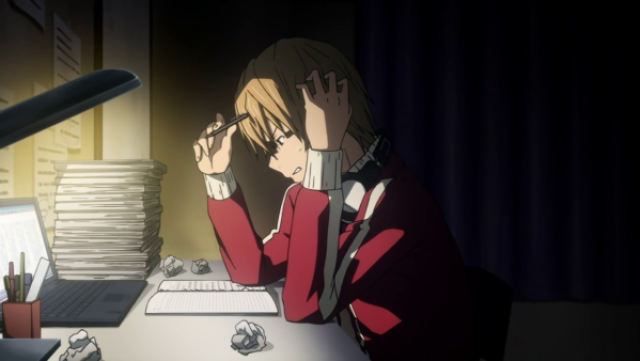
Lately in publishing there’s been a push for authentic voices. Authentic voices are usually minority authors writing stories that concern their groups and perspectives. This is wonderful! I enjoy reading authentic perspectives and experiences. That’s what I look for when I research articles for JP. However, as with everything there’s a downside. With the rise of the publishing industry’s focus on authentic, minority authors comes problems for other writers.
Now, I’m aware of my privileged status as a straight, white American male. We’ve dominated literature for centuries in the West. With the rise of authentic voices, however, has come a backlash against authors attempting to explore lives and perspectives different from their own. The specter of appropriation is a problem. Some people don’t believe a male should attempt to write from a female perspective, but these same people often don’t have a problem with the reverse.
This prevents the author from growing in empathy and expanding his (and usually all of this refers to men) perspective. Certainly, research cannot make the author truly know the life experience of another. Caution needs to be used when writing from any perspective different from your own. However, the experience and challenge of writing this way is what draws me to the practice. Kanzashi came from my long research into geisha and geiko culture. I wanted to challenge myself to write from a female perspective. I wanted this perspective to be free from the male gaze problem many male authors introduce to their works. You’ve see this problem in books. Many male authors focus too much on character traits, such as breasts, that females typically do not. In my early drafts, I fell into this trap in a few of my descriptions without noticing. That’s why I used female beta readers, including women who know Japanese culture and female editors. The experience helped me be more aware of how internalized some biases are and has made me more careful as a writer. Of course, if I followed the pressures of the authentic voices movement, I would not have learned this.
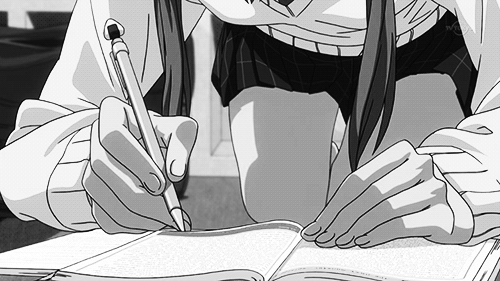
I know people who consider the authentic voices movement censorship. They have no problems with minority writers publishing stories. They like reading such stories. However, the pressures of avoiding anything that resembles cultural appropriation makes people self-censor their story ideas. Of course, this isn’t to say hamfisted, stereotyped stories should be published. However, the sensitivity of people makes writers fear writing a story that could offend them. And let’s face it, people look for something to offend. Like this article will! Self-censorship is becoming perhaps the largest problem for free speech.
The push for authentic voices causes another problem: siloing. In fact, siloing has become a problem across many areas. Siloing is the trend to isolate ideas, perspectives, and experiences within a category. Korean experiences are just that, Korean, instead of a human experience. This leads to the danger of authentically voiced authors become representatives of the silo instead of their own individual experiences. The silo becomes another stereotype. Likewise, siloing limits wider readership. The library I help manage sits in a majority (95% according to the US Census) white community. Whenever we order authentically-voiced books, they don’t get read. Part of this is because the community believes “Black” books or “Chinese” books (sadly, all Asians are lumped under the Chinese category) are for only those readers. Of course, there are a few readers who understand these are valuable human experiences. On the other hand, whenever “nonauthentic” authors publish books with a minority perspective, patrons gobble them up. These books are seen as more universal, and, for some readers, these books have spurred interest in the silos. Yet, the concern of invading another’s space remains for many of these readers.
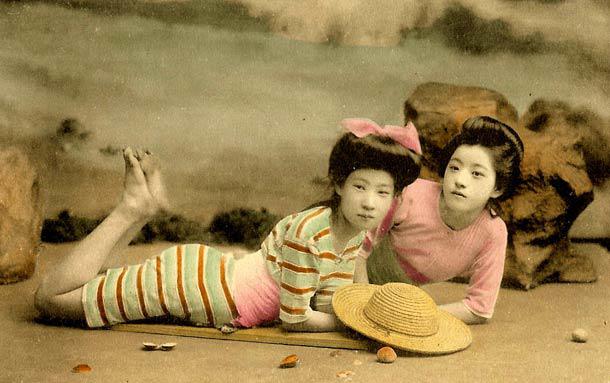
I find this sad. Part of this is American culture’s divisiveness; people are afraid to cross the silly boundaries we draw between each other. Another part is lack of relevance. Many readers think the experiences of others aren’t relevant to their own. They would rather read about problems and challenges closer to their own or read to escape. Reading authentic voices challenges our self perspectives. Reading books by similar-ethnicity authors that examines these perspectives is more palatable. While some see white authors writing from a minority perspective as appropriation (or a male writing from a female perspective and other out-of-experience writing), the practice can spur readers to seek the authentic voices. I’ve seen it happen at my library.
Publishing houses have only so much capacity and risk tolerance. There is a mild zero-sum game at work. For every majority author, a minority author would potentially be unpublished. Likewise, the reverse holds true. Fortunately, traditional publishing isn’t the only means available. But the greater problem is the limit of attention. Readers have only so much time and attention. This increases the tendency to read genres and books that have offered enjoyment in the past. This siloing of interest adds another barrier to broader reading, further locked by the siloing effect of authentic voices. While this is good for sales and reduces marketing costs, it isn’t good for encouraging people to read wider and to challenge their perspectives. This is why majority authors should be encouraged to attempt writing from minority perspectives. If a James Patterson book had a solid LGBTQ character, it could spur a small percentage of readers to seek similar characters, breaking the silo.
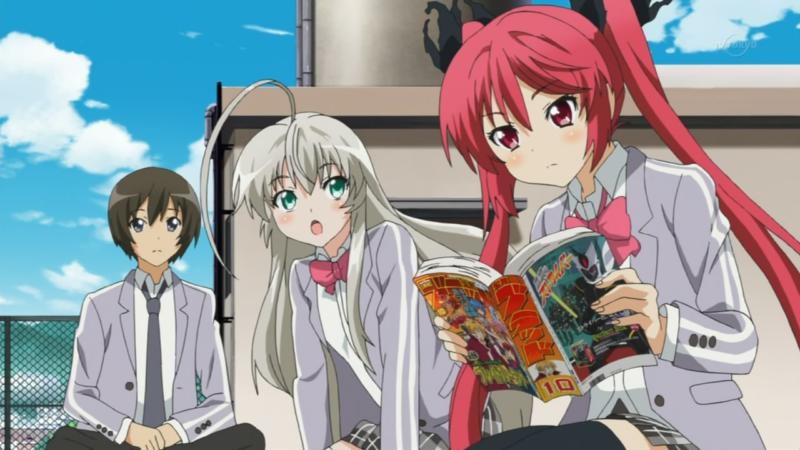
I support authentic voices and enjoy reading these perspectives. Yet the movement needs to embrace majority writers who try to write from minority perspectives (as long as the perspectives are nuanced and not hamfisted). Too much fretting over appropriation can prevent readers from breaking out of silos. And we don’t need to introduce more reading barriers. People already don’t read enough! Likewise, authentic voices need to beware the silo problem and becoming a representative of cultures and perspectives that are more diverse than what a single author can portray. Much of this comes down to marketing. Silos are easy for cash-squeezed publishing houses to market toward. It’s an old method. Fantasy readers buy fantasy books; mystery readers buy mystery books. However, it isn’t good for encouraging/tricking people to read more broadly. Siloing and the fear of appropriation also hampers creativity. It makes authors fear ridicule in a profession that is already teeming with rejection and criticism.
When I wrote Kanzashi, I worried about this. Writing is an act of courage. People will tear at you. Appropriation and the darker side of authentic voices adds to this risk. Writing and publishing is hard, and it hurts. But I don’t regret writing from a minority perspective. Such writing and researching has helped me grow and become more self-aware. It has granted me better appreciation and empathy. Sometimes when you write, you have to write with your development in mind.

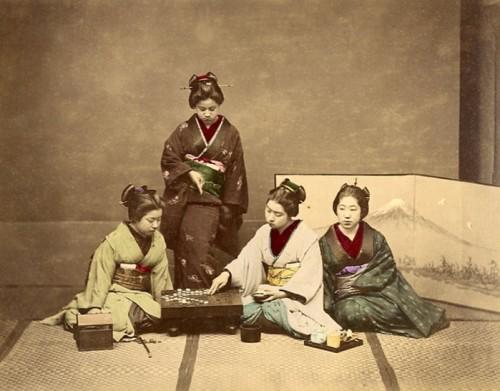


Thank you for posting this. I find that a lot of well- meaning, apologetic folks are too narrow in their views of the supposed “damage” “cultural appropriation” causes. For example, many (white) people were up in arms when Avril Lavigne made a silly music video set in Japan. However, there was one group of people that didn’t care one iota. You can probably guess which group.
Here’s the link to a really good blog post that discusses this: https://thisjapaneselife.org/2014/05/21/avril-lavigne-japan/#more-2029
I enjoy reading minority perspectives. I think you’re spot-on in your assertion that big-name authors trying their hand at writing minority fiction will open up spaces for actual minority authors.
There are so many good things in your post, I could go on and on for hours. I do agree that mutual understanding only grows when we allow everyone, regardless of their background, to write from each others’ perspectives. It needs to be done with sensitivity and care, no doubt. But it’s a very effective way to break down silos.
By the way, I read Kanzashi and really enjoyed it. I can tell you definitely did your research and made your female characters genuine human beings with distinct lives from their male counterparts.
Sensitivity doesn’t help anything. People have forgotten that they have the final decision on their emotions and perspectives. They choose to be offended, triggered, troubled, or elated. Yet the custom now is to hand over that freedom to others, and the vain effort to mold the environment so they don’t have to choose their emotions. When the environment conforms to everything you already think, you don’t have to think anymore.
I’m glad you enjoyed Kanzashi! : )
I’m starting to see this in my interest in mental health. There’s the “critical psychiatry” and “psychiatric survivors” movements that are trying to tell the world that getting help can mean harm to certain individuals. There’s a few new books covering those perspectives from people in the minority. Of course, at the same time, even supporters of those movements may process things differently.
Maybe taking psych meds may be helpful in short-term cases instead of “You shouldn’t take any because of huge side effects.” And sometimes, social factors may not be the entire reason why someone has a mental illness.
Sometimes focusing on the minority view makes people think that view is widely accepted when it isn’t. Mental health, diet, and other medical focuses are quite individual, which often isn’t reflected in non-academic literature. Chasing profit doesn’t often translate to nuance.